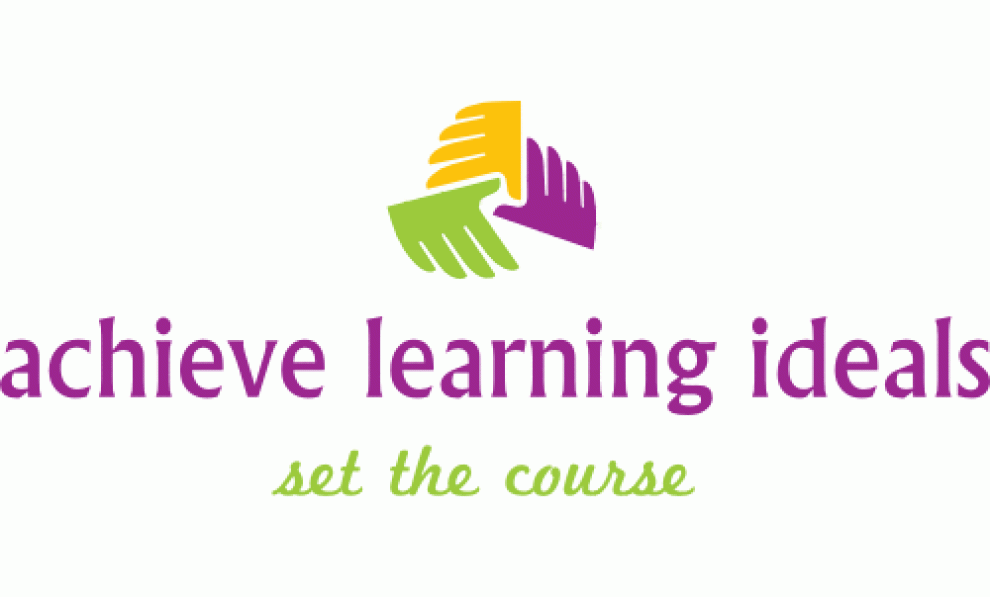Thinking of Reading Strategies and what might work best for each age group when found myself circling back to the simple concept of “story”. We tell a story; we share a story; we read a story; and we critique a movie if the story within it lacked “substance” or simply asked us as viewers to work “too hard” to follow a plot and grow with the characters. And readers of all ages too want to identify somehow with the characters- to be taken on a Roller Coaster Ride, perhaps, to be given a slow and steady walk from beginning to end- maybe; Readers “know” if a book appeals, even before we teach students how to formally analyze plot and character development and where to look for symbols and themes.
Had the pleasure yesterday evening of being reminded of this when a student became enthusiastic about the social issues within To Kill a Mockingbird– a modern “classic”, filled with so many nuances and options for discussion that I had to marvel anew how the book had actually been taken off of some reading lists. The characters in this story have become near stereotypes, representing segments of society to be either admired or feared. Racism, social conscience, economic differences within society, justice- a justice system for all?, children versus adults and understanding of “big” issues, social norms and social responsibility, individual versus society- the list of discussion topics goes on. And though Harper Lee’s book is not the only one to call attention to the discrepancy between the way the world ought to be and the way the world often- in fact-is, this text may either make a reader grateful that it is now 2014- and issues depicted belong to the last century, or sad, that it is now 2014, and issues depicted may still be prevalent, in spite of many reasons to believe that by now, “everyone” should know better.
Story then is what keeps a reader’s attention; the young child laughing as Mortimer climbs up the stairs “thump, thump, thump, thump”, the older child learning Greek Myths along with following Percy on his adventures, the high school student reacting to a character in The Help, or marveling at the formality within Pride and Prejudice, is absorbing how others- writers- have seen their society, and chosen to encapsulate in written form aspects of social interaction, some comedic, some tragic, some simply “as is”, that we, readers, might gain a little bit of insight and also question what we take for granted- how we interact with others; how others interact with us.
Story, oral and written, keeps us engaged. Young students require help in building vocabulary that will later be used to decipher the stories they are expected to read and make sense of through their academic years. One of our bigger tasks then is how to encourage vocabulary building, vocabulary usage, vocabulary extensions. And this task begins in preschool, where we sing songs, use movement and gesture to get at emotion, encourage play acting of various characters, and in general start the foundation for literacy acquisition. In doing so we are also encouraging the beginning of empathic relating, the ability to care about another and to feel that the other’s experience matters. Stories help us to move across artificial and real boundaries, boundaries of time and space, boundaries of religion and race, boundaries of culture and country. And while I am one who finds reading can actually transport a reader from the here and now into the story itself, I work with struggling readers daily. So I look for as many variations of story as possible, to cultivate an ability to encourage the reader to move beyond his or her own stereotype- a label possibly imposed by an academic institution- and to read first for pleasure in the story, then to evaluate the story; to read at a level that allows for absorbing the big picture within the tale, and to connect that image with what the student already has experienced. And regardless of age, to allow for the recap- the retelling of the story, the part when the student is able to say “I did this” (meaning I did the reading) for while retelling may not be the same action as summarizing or analyzing, retelling offers a strong practical reward- the student hearing his or her own voice while sharing ideas. Isn’t this a central goal of a writing conference?
